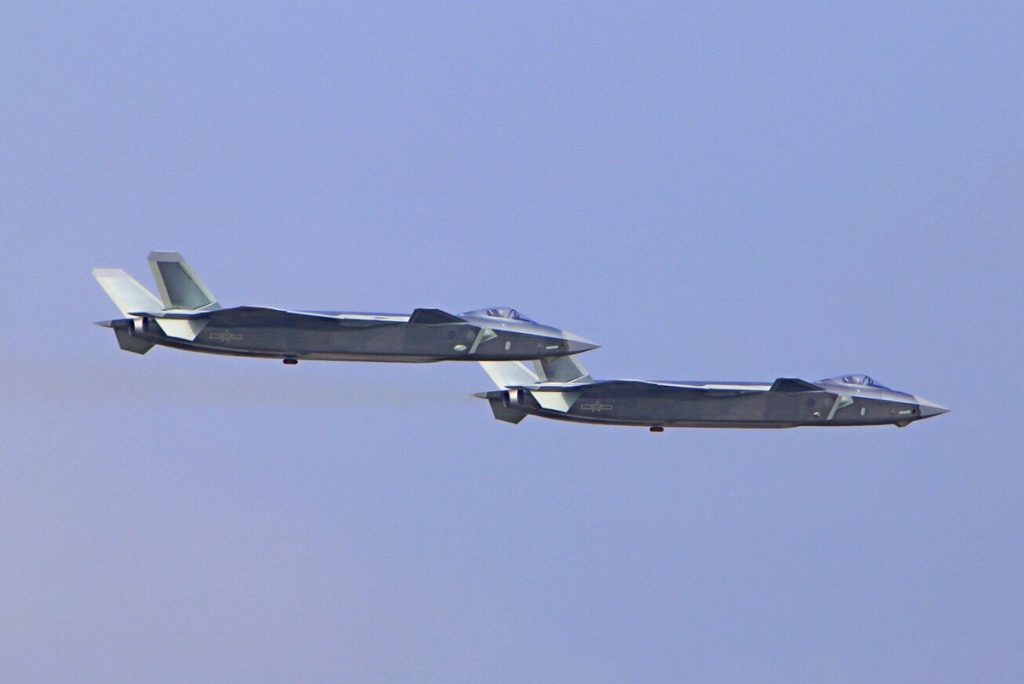The 2016 Zhuhai Airshow began with a splash, with the J-20 stealth fighter making its first public debut. Right after the August First aerobatics squadron performance, a pair of J-20s appeared for a minute. They first came in low over the Zhuhai runway, then climbed vertically before one J-20 departed. The second J-20 stayed a bit longer, making a few sharp turns before climbing away.
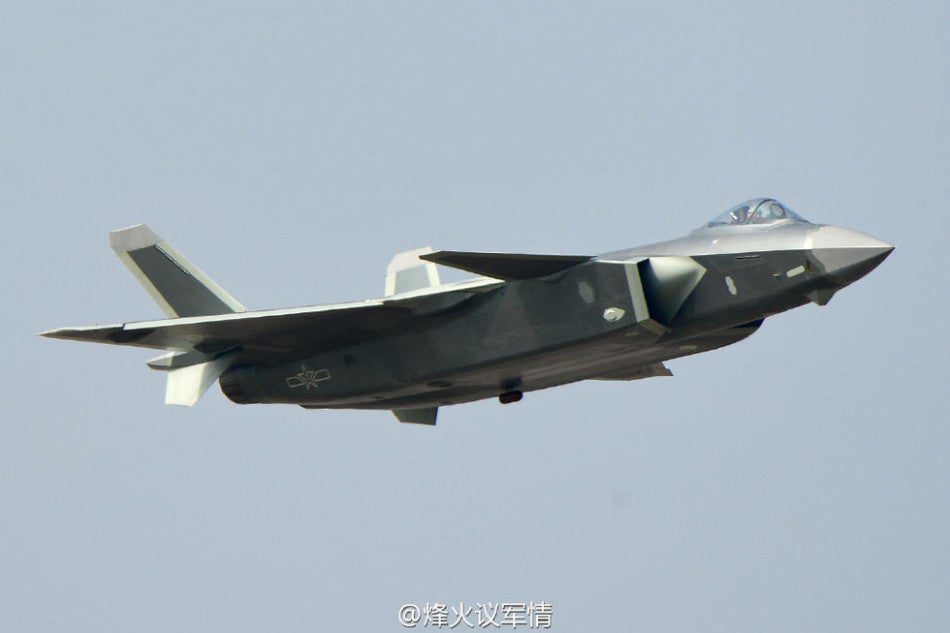
A Fighter for the 21st Century
The public display points to China’s confidence in the system and its progress. With the prototype maiden flight in January 2011, the J-20 fifth generation fighter entered low rate initial production by mid 2016, so the first squadron of J-20s is likely to start flying next year. Already designed for air superiority, the J-20 is slated for further upgrades in 2019 and beyond to keep up with other fifth generation stealth fighters like the F-22, including most notably the supercruising WS-15 engine.
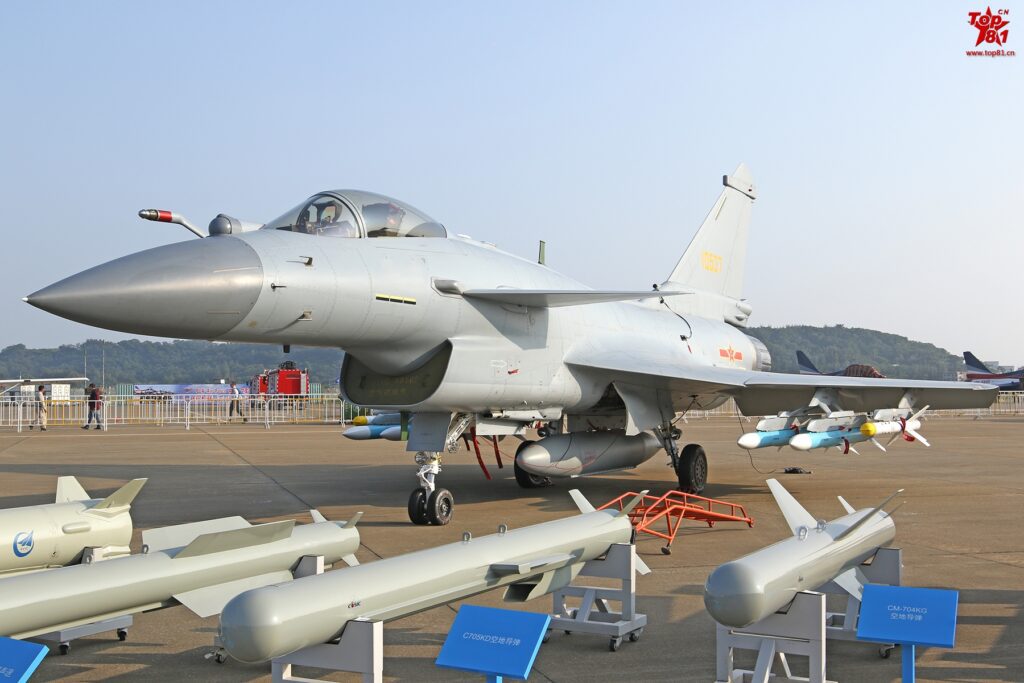
J-10B
While the J-20 received the most international coverage, the airshow featured far more when it came to Chinese manned jets. Another Zhuhai debut was the multirole J-10B medium fighter, airframe number “0117” (painted number 10537). A development of the fourth generation J-10 fighter, the J-10B’s improvements include an active electronically scanned array (AESA) radar, a diverterless supersonic intake, and improved avionics such as electronic warfare equipment. “0117” was surrounded by long range munitions that included satellite-guided bombs and stealth cruise missiles, a sophisticated electro-optical pod for striking ground targets, and PL-12 medium/long range missiles on dual rail launchers. The J-10B’s high tech combat power against enemy surface targets and aircraft will make it a key platform for projecting Chinese air power for decades to come.
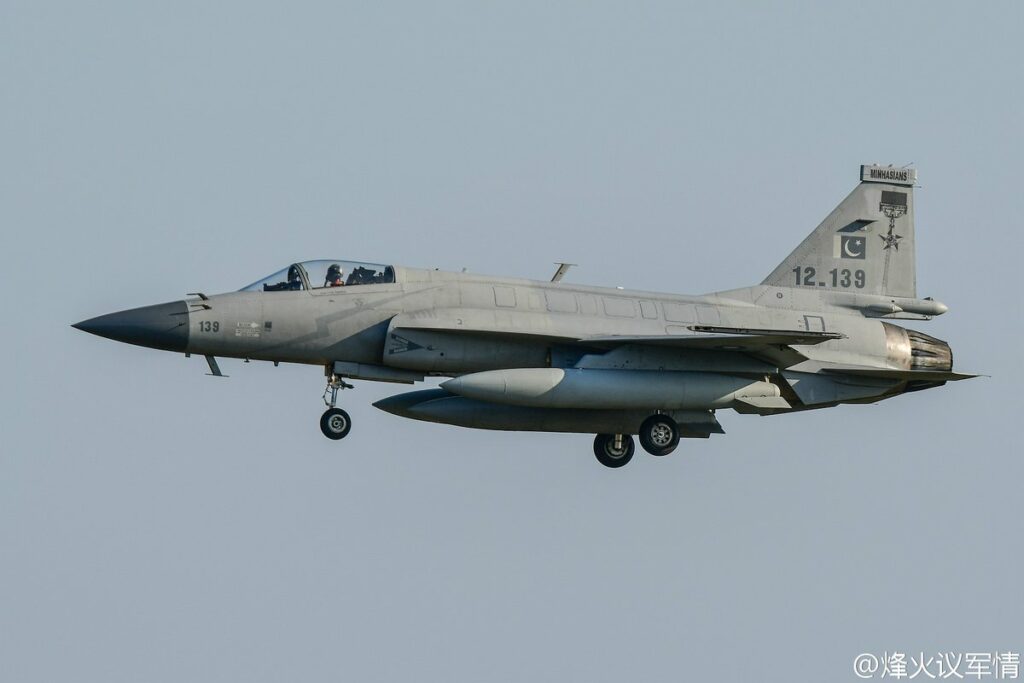
JF-17
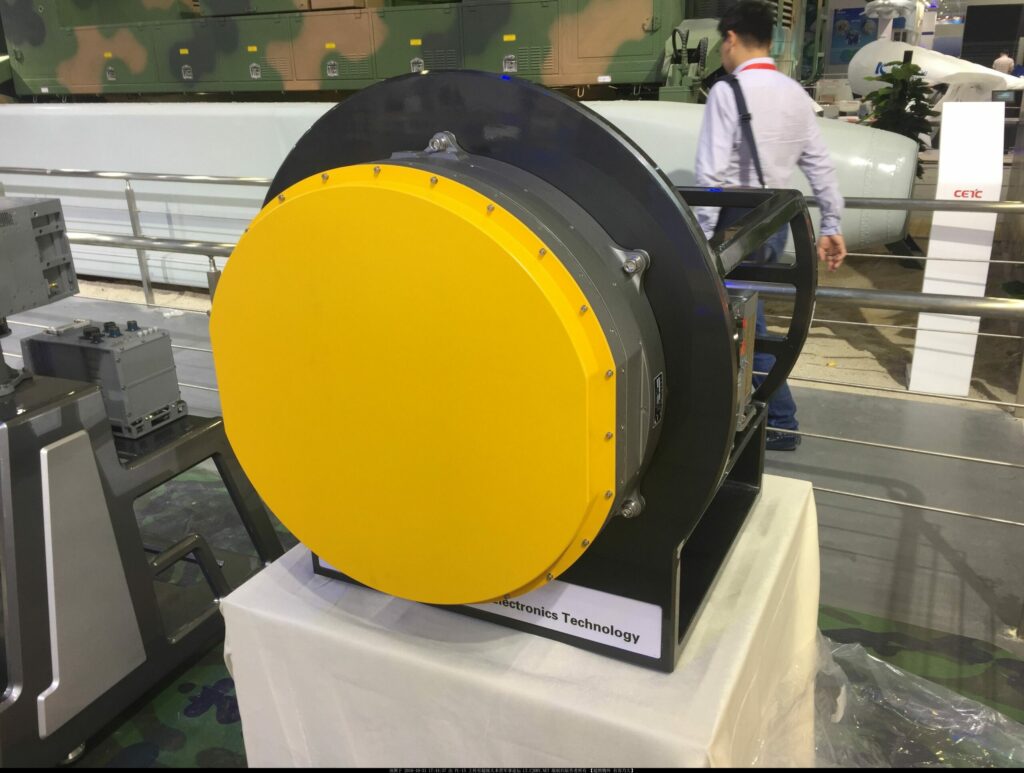
KLJ-7A
The PAF also flew in a JF-17 for display purposes at Zhuhai 2016. In contrast with the uncertain future its stealthy cousin the J-31 faces, the Sino-Pakistani JF-17 fighter (already in service with the Pakistani Air Force and reported for export sales to Nigeria) is receiving plenty of new upgrades. A model of the JF-17B dual seater was show with a refueling probe, pointing to an upgrade for longer range and thus greater utility for strike missions. More importantly, a new KLJ-7A AESA radar (170km range against a target of several square meters RCS) is planned for Block III builds of the JF-17; making it more lethal against air and ground, especially stealth, targets. The JF-17’s high performance radar and wide options of long range ground attack missiles would make it an export match for other light-medium late fourth generation fighters, like the Saab Gripen.
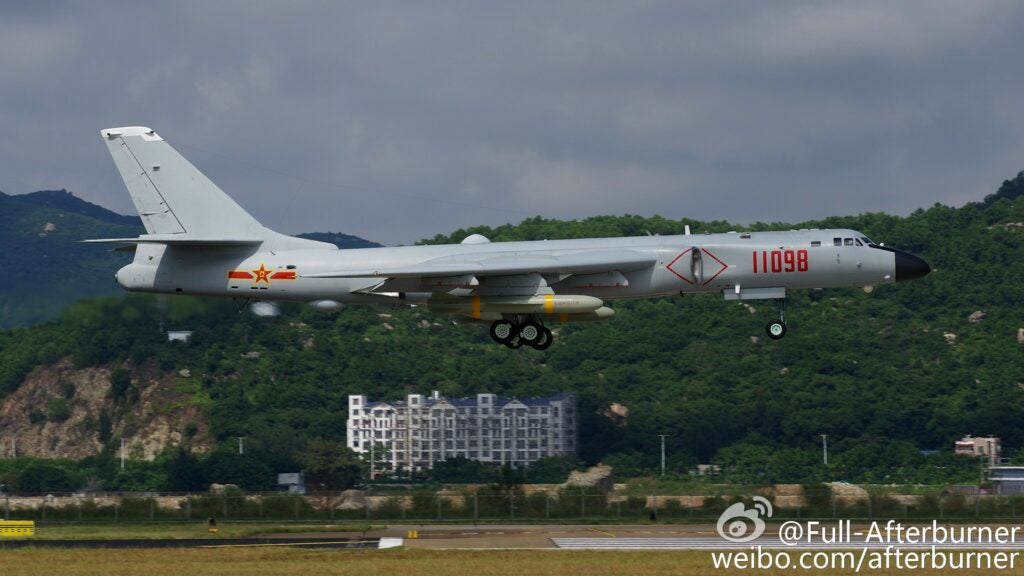
H-6K
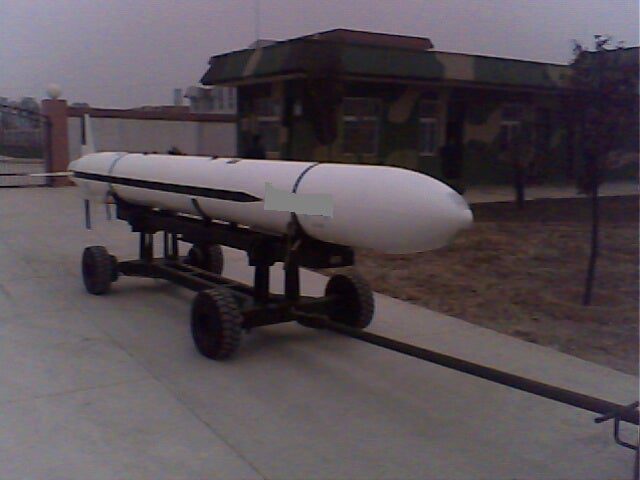
DH-10 at rest
The PLAAF also displayed a H-6K bomber, airframe number “11098”. This bomber is an updated version of the Soviet Tu-16 bombers, with digital avionics, airframe improvements and engines that increases its combat radius and payload to 3,500km and 12-15 tons. While older H-6 bombers were exported to Egypt and Iraq in the 1980s, China is unlikely to export such a strategic platform. Displayed around “11098” were multiple air launched CJ-20 cruise missiles, with a range of 2,000-3,000km, though “11098” had two older KJ-63H cruise missiles mounted to its wings. In addition to hunting enemy ships with supersonic cruise missiles like the YJ-12A and its massive radar, the H-6K can strike ground bases beyond the Second Island Chain of Guam and the Japanese volcanic islands.
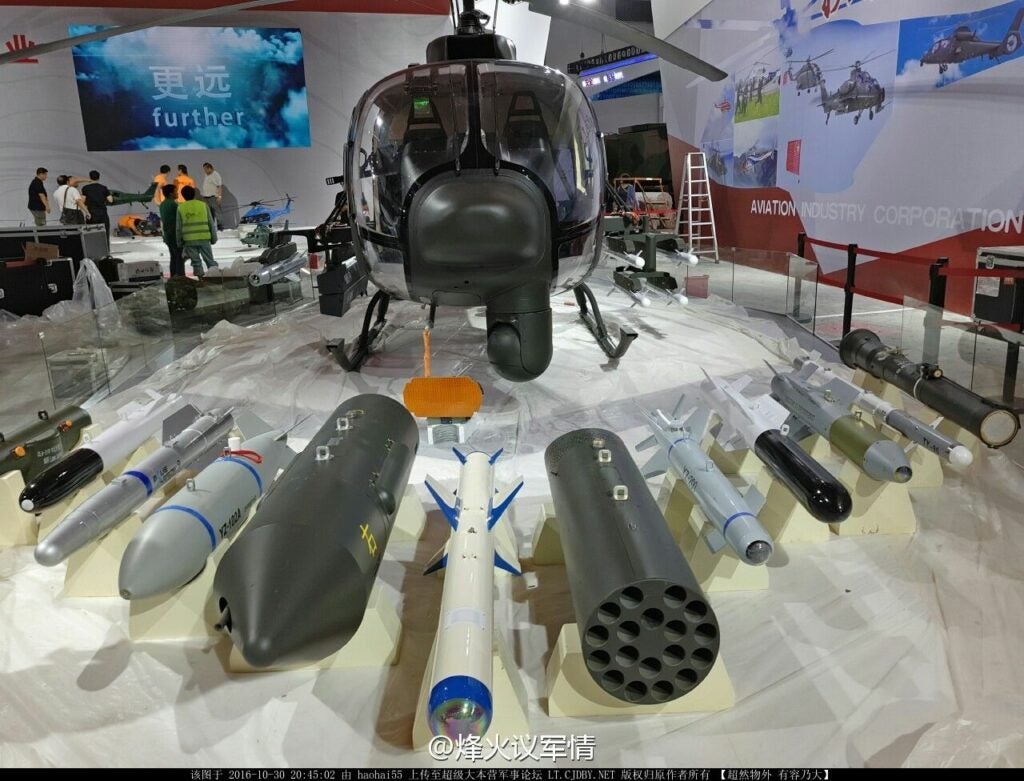
Z-11WB
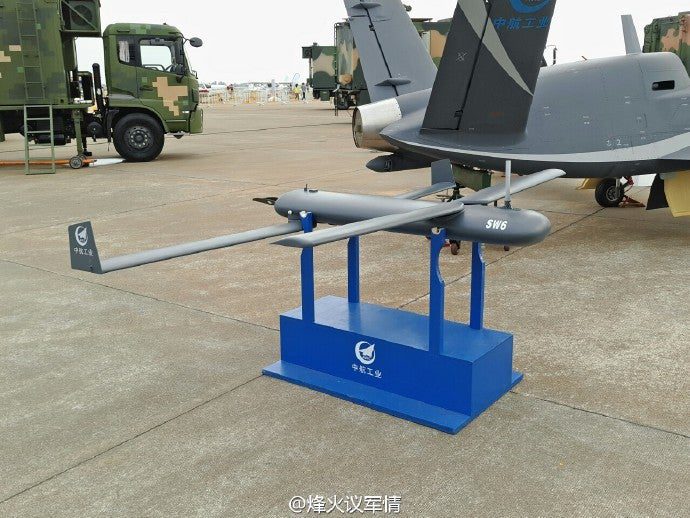
SW-6
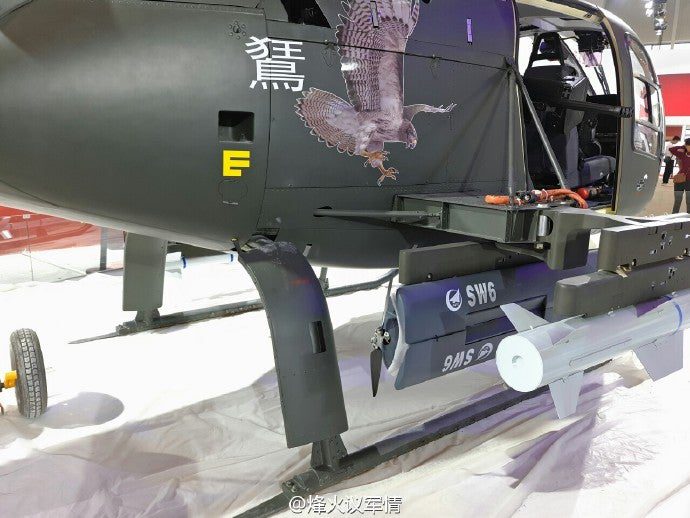
Flying Centuars
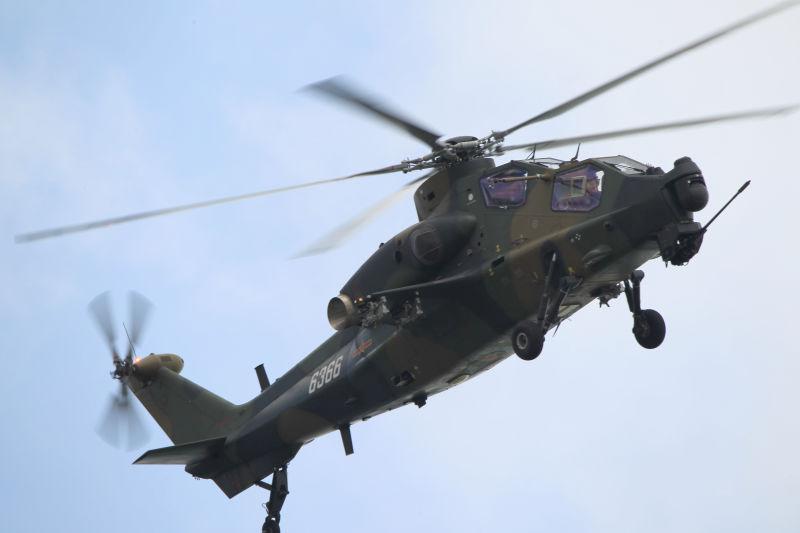
Z-10K
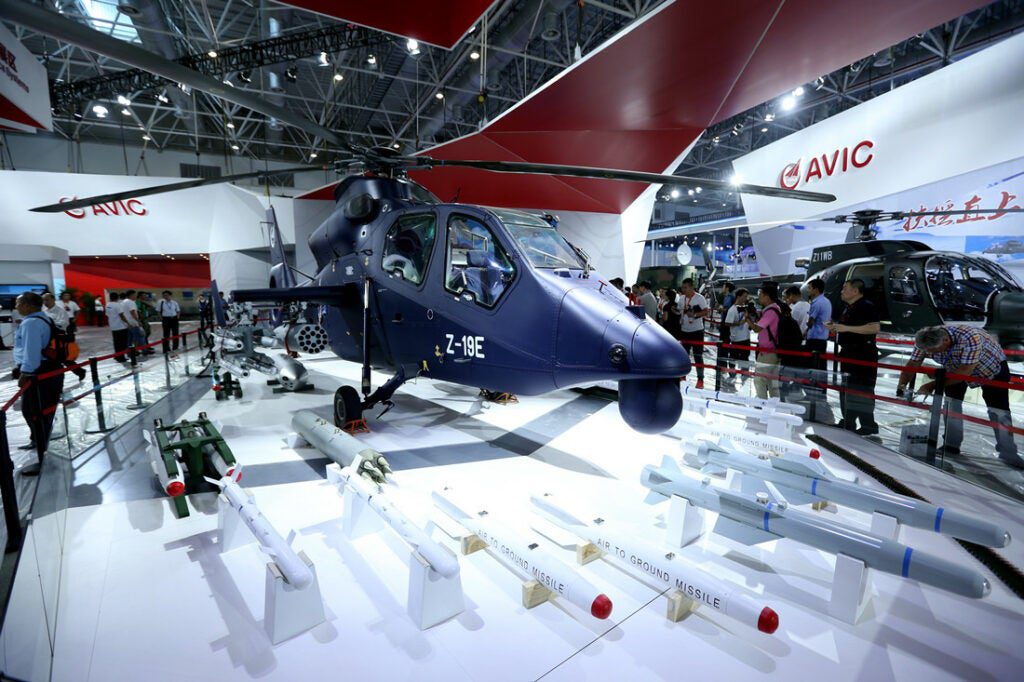
Z-19E
Finally, a trio of combat helicopters were displayed. Making its public debut was the Z-10K attack helicopter. Its upgrades over the Z-10 include more powerful engines, additional cockpit armor, a new 23mm cannon and larger (19-rocket) 70mm rocket pods. The Z-19E light attack helicopter, a past Zhuhai attendee, was displayed with an impressive armament option of 8 HJ-10 anti-tank missiles (roughly equivalent to the U.S. Hellfire missile), along with light anti-ship missiles.
However, it was the little, single engine Z-11WB scout helicopter that packed the biggest punch. While weighing only 2.2 tons, the Z-11WB was surrounded by multiple payloads, including HJ-9 and HJ-10 anti-tank missiles, rocket pods, a gun pod, a mast-mounted radar, FT-9 laser guided bombs and a KG-600 jamming pod. Most interesting though, was a small drone, the SW-6, which was folded up and attached to the Z-11’s inner right pylon, meaning the helicopter would carry its own drone into action. The SW-6 can be deployed in flight by the Z-11WB to scout ahead and around for threats, especially enemy air defenses; presumably larger helicopters could carry multiple SW-6s to achieve swarming effects in an ‘manned-unmanned’ formation.
You may also be interested in:
Four in a Row: China’s Stealth Fighter Fleet Grows Again
China Stays Ahead in Asian Stealth Race
Chinese Stealth Fighter J-20 Starts Production
China is Building the World’s Second Stealth Air Force
Chinese Thunderbolts Replace American Cobras: New Z-10 Attack Helicopters for Pakistan
Chinese Fighter Jets Fly South for Spring Break
Chinese Military Reboots ‘Fierce Dragon’ Jet Fighter with Homebuilt Model
What New Chinese Weapons Will We See at This Year’s Zhuhai Airshow?
J-10B ‘Vigorous Dragon’ Fighters are a Full Set, Soon to Become a Regiment





